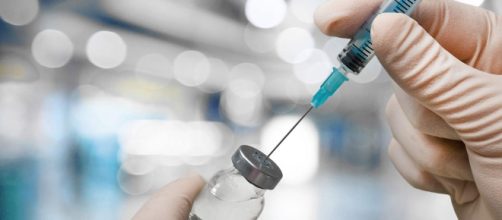The National Institutes of Health (NIH) has launched Phase 1 clinical trial. The purpose of this trial is to develop a vaccine that could provide protection against numerous mosquito-borne diseases. Malaria, and Zika are among the most dangerous mosquito-borne disorders. According to NIH experts, a new vaccine is being developed, and it would hinder the abilities of mosquitoes to transmit any type of infection.
Experiments are being conducted in Maryland
For now, the experiments are being conducted at the NIH Clinical Center in Maryland. Researchers have named this vaccine as AGS-v.
It would strengthen the immune system so that our body can fight against infectious disorders to a greater extent. Previously, a similar vaccine was developed by SEEK. “Unlike other similar vaccines, AGS-v would target specific diseases. It would trigger the immune responses to mosquito saliva. The vaccine has different synthetic proteins. Every protein induces antibodies, preventing infection when a mosquito bites a person,” NIAID Director Anthony S. Fauci said. "These days, mosquitoes have become a serious threat to human health. These cause plenty of dangerous diseases and can lead to death. AGS-v would strongly protect the human body against the mosquito-borne disorders. If the experiments are successful, we would soon introduce this vaccine to the global markets,” he added.
Doctors invite healthy adults to participate in the clinical trials
Currently, Dr. Matthew J. Memoli from NIAID's Laboratory of Infectious Diseases has sent invitations to more than fifty healthy adults. “We would enroll many adults to conduct a variety of experiments. They would be divided into three groups. The first group would receive two injections of the AGS-v vaccine. The second group would receive three injections, while the third group would receive four to five injections of this vaccine in a month. Participants would be asked to carry out their routine life, and they would have to visit our clinic twice a week for a regular checkup,” he said. Researchers at NIH seem to be very excited about the project, and soon this vaccination would be available at all drugstores.

